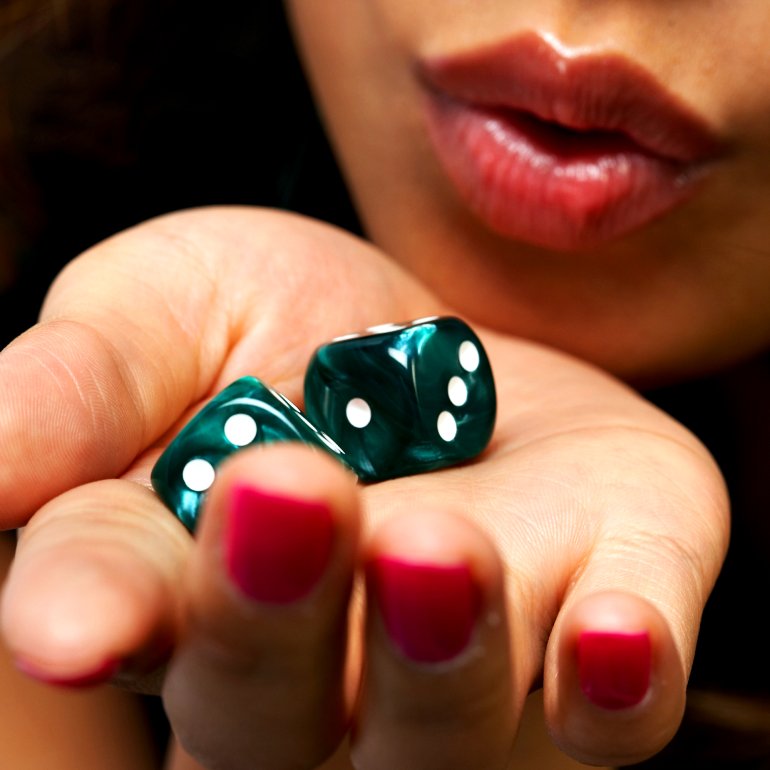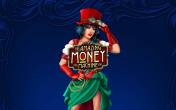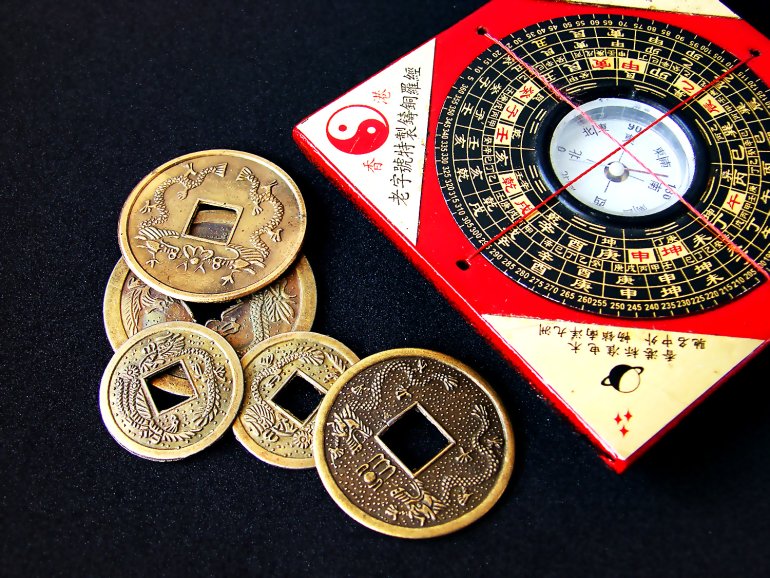
Most casino visitors can not be called professional or skilled players. Many do not rely on the optimal strategy but on luck, superstitions, and misbeliefs. Let's look at some of these signs, but remember that Casinoz does not recommend following them because we believe any game should be taken seriously, especially with mathematical calculations.
Nevertheless, this information is fascinating and entertaining.
Feng Shui in Gambling
Feng Shui is a traditional Taoist practice that helps people achieve success by symbolically developing the world. People follow the advice in this teaching to become more successful in business and private life, improve health, and, of course, attract good luck.
This causes many players to wear all kinds of feng shui charms, choose a table in accordance with its principles, visit casinos on certain days, and so on.
They may even lay chips on the table in a particular order, believing it will help them win.
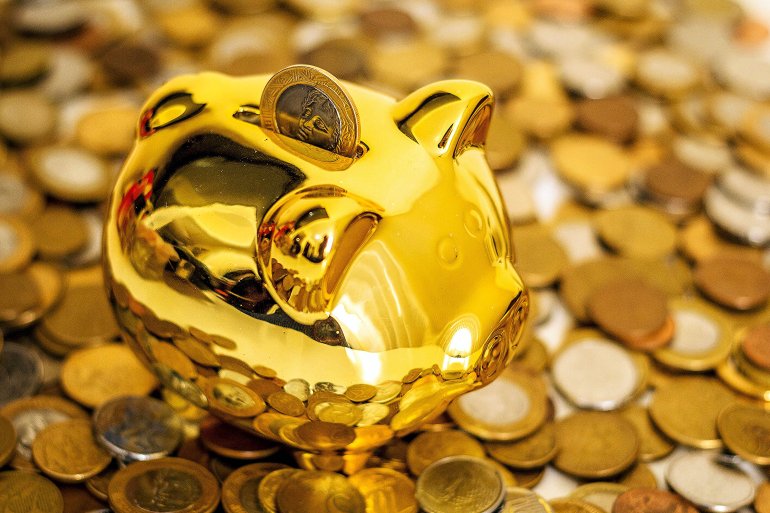
Lucky Coins in Casinos
Coins also have many different related superstitions in the world of gambling. Most "prepared" players visit witches, fortune tellers, or cheaters who make "magic" coins you must throw under the table when you play. Each casino employee knows that cleaners find dozens of such coins throughout a busy night in the casino hall.
- Many visitors try to shove a coin under the roulette wheel.
- Some believe that this way, they attract a fortune.
- Others do it for more practical considerations, trying to manipulate and use the roulette wheel for their purposes.
The widespread practice of placing coins in shoes originates from the Philippines. Local traditional healers claim that coins stimulate nerve endings on players' heels and help them be more focused and confident. Nevertheless, most players have not even heard about it and put coins in their shoes just for luck.
The Number "13"
For many players, the number "13" has a unique role in the casino. They believe that in this number of the roulette wheel, the ball falls more often, helps recoup the latest bets, and so on. They explain this belief by saying that in the Bible, the number "13" is closely connected with all sorts of sinister tricks. The casino comes from Satan. Therefore, it is the most critical number in gambling.
Moreover, on the thirteenth of each month, the casinos have more players playing risks at higher-than-usual bets. Particular excitement may happen if the thirteenth is on Friday.
Of course, no such practical observations are confirmed by superstition.
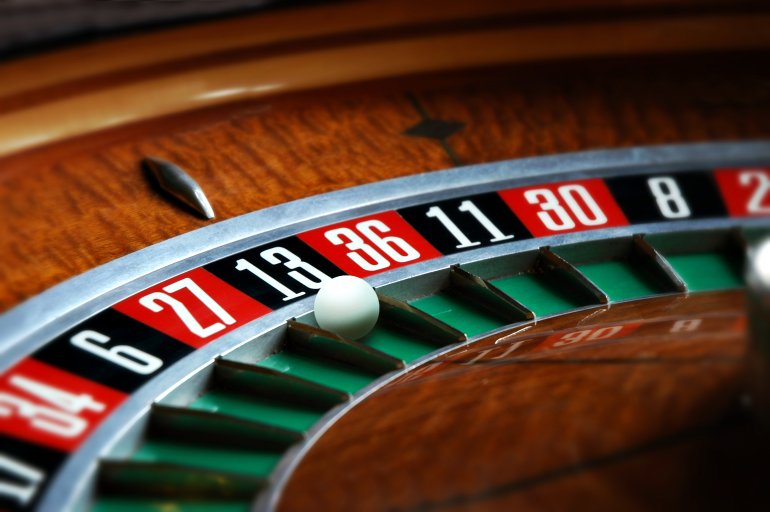
Christmas and Other Religious Holidays
In many countries where Christmas is celebrated on a particular scale, players tend to think that luck especially favors them on this day. Yet, very devout players (although this combination of words is ironic) might not visit a casino on the big church holidays.
It is worth noting that even casino employees do not like to work, for example, on Easter, believing they can not play on this day. However, from personal experience, I can say that these days, playing differs perhaps only by a particular psychological state of players and staff. Still, no specific distortions in luck have been observed.
| Casino | Bonuses | Editors rating | |||
| 100% to 1000 $ x35 |
Play
T&C applies, 18+
|
||||
| — |
Play
T&C applies, 18+
|
||||
| — |
Play
T&C applies, 18+
|
||||
| 100% to 400 $ x50 |
Play
T&C applies, 18+
|
||||
| — |
Play
T&C applies, 18+
|
Other Prejudices in Gambling
Here are some more:
- You can not lend money during the game.
- New players are lucky.
- You should not add matches and cigarette butts to the ashtray on the table across from each other.
- You should not leave empty cookware on the table.
- You should not play at a table with a cross-eyed man.
- There can be a lucky table, cut card, dealer, etc.
The list of such superstitions could be continued, probably indefinitely, especially because many are interpreted differently and contradict each other. Whether to tip the dealers has plenty of diverse opinions.
One thing is clear: they have little in common with reality.
Therefore, you should not rely on them in the game, but if this factor prevents you from playing safely and can easily be fixed, do it. You may become more focused.
